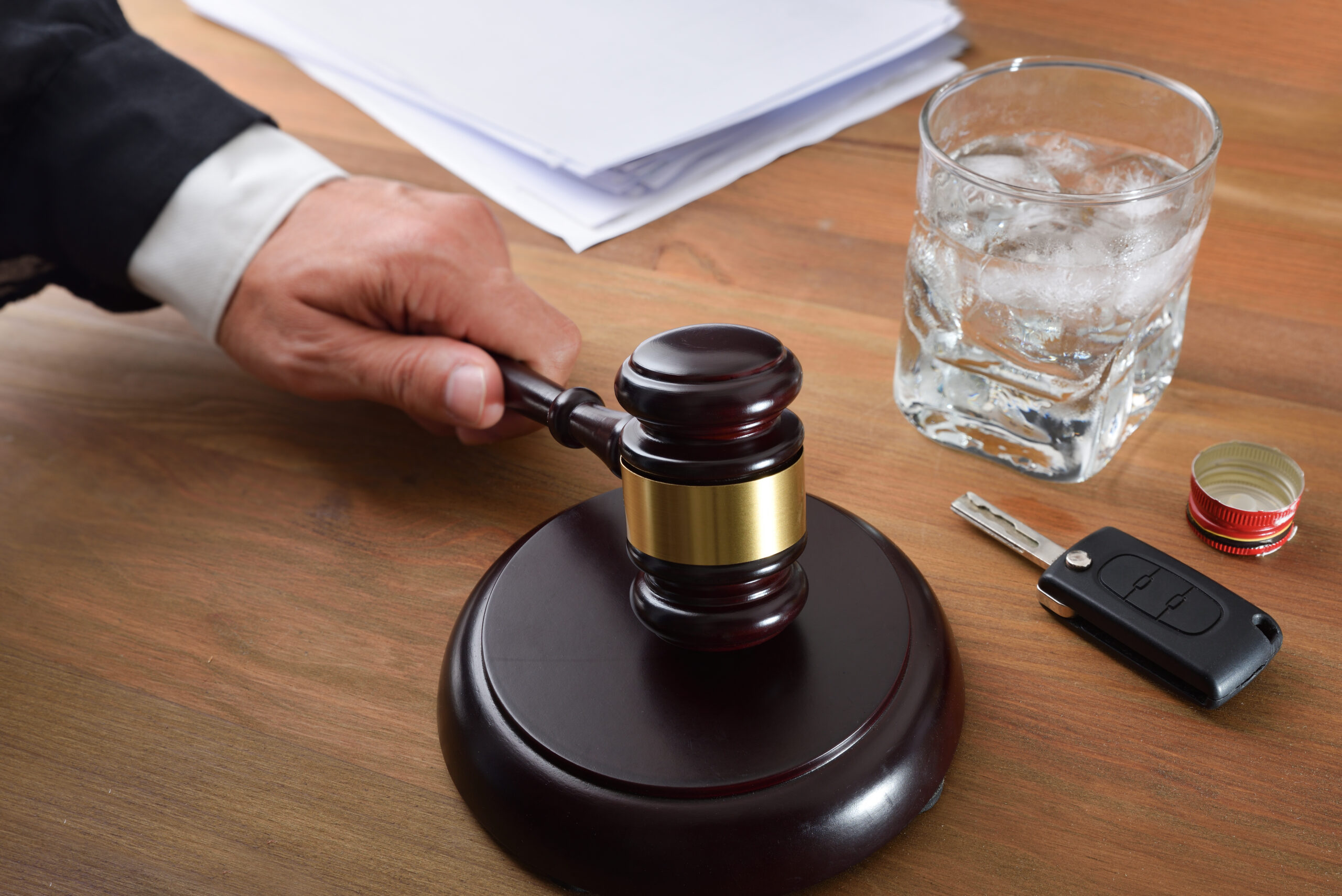The thing about permits and licenses in the US is expensive and lengthy. The good thing is that getting a liquor license for restaurants or even just the Illinois BASSET Certification in any state in the US is the key to the financial success of most bars and restaurants.
Yet again, getting a license is a complicated process, and some strict rules and regulations must be followed, as rules vary from state to state. So, that’s what matters most when the restaurant has its license already, to take care of and not lose it.
However, some ways could revoke the license of a restaurant. So, if you want to prevent fines and offenses that could revoke your license, this article will discuss ways that could revoke a restaurant license. This will help you become aware when it comes to running a restaurant.
Practices that Could Revoke a Restaurant License
Check out these instances when restaurants can lose their license.
1. Underage or Unlicensed Staff Serves Alcohol
Many states require the staff to serve alcoholic beverages only if they obtain permits and certifications like Illinois BASSET certification before they can operate. So, if a staff serves drinks without a permit, the restaurant’s license could be revoked, no matter which state they belong to.
Also, almost all states require someone serving alcohol to be at least 18 years and below, which is something to keep in mind when hiring a server or a staff.
2. No Proper ID Checking
You may lose the license if you don’t check a photo ID properly as part of state law’s requirements. Remember that the liquor boards usually run sting operations when they check for this.
Serving alcohol to anyone under 21 in the United States is one of the common reasons that a restaurant’s liquor license may be revoked. And even if the legal drinking age is 21, some states don’t require servers to be 21 before serving alcoholic beverages. With that, just check with state laws about the legal age to serve alcoholic beverages.
3. Servers also Drink While on Duty
Wherever you will go, it’s not legal to let the staff consume alcohol while they are on shift. If your staff also consumes alcohol while on shift, know that you may lose your liquor with this.
You must stress how crucial drinking is while they are on their shift, and your staff should know how it could affect the restaurant or the entire business negatively. This could also be why bars and restaurants don’t let their staff drink at the premises, even if it’s not their shift, as another precaution.
4. Guests Drinking in Restaurant’s Unlicensed Areas
Restaurants usually have tables and chairs or outdoor patios on the sidewalk, especially during summer. However, the liquor license of the restaurant doesn’t include those areas, and it varies on the laws, property lines, and even other factors of the state where you belong. So before you set up and serve in the outdoor area, you have to see if there will be additional licenses or permits that you must obtain.
5. Servers without Proper Training
Most states usually have programs that require the business’s employees to serve any alcoholic beverage to complete some form of specialized training and get the certification. So if staff servers are caught serving alcoholic beverages with certification required by the state, the business will lose the alcohol license.
6. Serving Intoxicated Guests
To prevent having intoxicated guests at the bar or restaurants, you must monitor the amount of drinks you can give or serve them within the certain period. Servers are trained to do this, especially in offering them water and food between drinks.
When customers show up to the establishment drunk, offering them water or food is better than offering them another drink. Calling a can or an Uber is better, so you will no longer serve them alcohol at the bar.
Serving an intoxicated guest, the bartender, the restaurant, and even the license holder would be held liable. It must pay for damages if there are personal accidents, injuries, or death. Worse is that you could lose your license permanently.
7. No Proper Documentation
Once found out that you don’t have legitimate records like order sheets or invoices to know when or where the alcohol was even procured before even serving, it’s also when licenses may be revoked.
So when you receive a delivery from alcohol vendors, always make sure they give you the right documentation and store records in an organized and safe place where you can easily access them immediately when needed.
Wrapping Up
Given all the charges and fines when you don’t obey the law, it’s important to always remind your servers and staff how serious their jobs and actions are.
Their actions will reflect on the restaurant’s reputation, as well as their liability, and revoking of licenses. As much as possible, servers and staff are trained enough to serve to ensure everyone’s safe and remain compliant.

